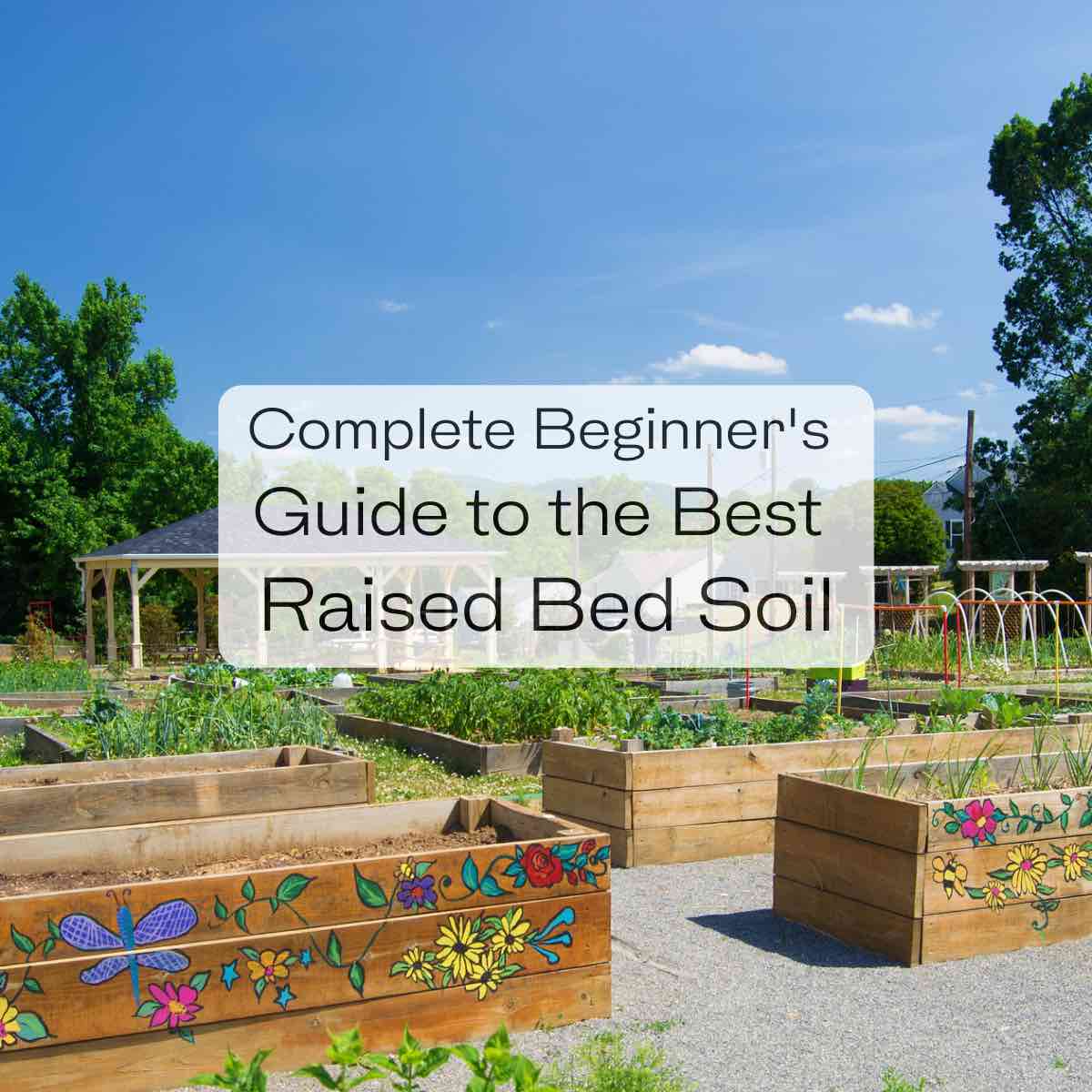Introduction
Selecting the right soil for your garden bed is crucial to growing healthy, vibrant plants. Soil is more than just dirt; it is a living ecosystem that provides essential nutrients, supports root growth, and retains moisture. Using poor-quality soil can stunt plant development and reduce yields, while the right soil mix can transform your garden into a thriving green space.
In this article, we’ll explore what makes good soil for garden beds, how to test and improve your soil, and the best soil types for various plants. Whether you’re a beginner or an experienced gardener, understanding soil composition and preparation will help you create a flourishing garden.
Why Soil Quality Matters for Garden Beds
Healthy soil promotes strong root systems and efficient nutrient uptake. It also ensures proper drainage and aeration, preventing waterlogging or drought stress. The main components of garden soil include:
- Mineral particles (sand, silt, clay)
- Organic matter (decomposed plant and animal material)
- Water and air
- Living organisms (microbes, earthworms)
Garden bed soil should have a balance of these elements to support plant health. Poor soil often lacks organic matter, drains poorly, or is too compacted, which limits root growth and nutrient availability.
How to Test and Improve Your Garden Bed Soil
Soil Testing Basics
Before planting, test your soil to understand its pH, nutrient levels, and texture. You can obtain a soil test kit from garden centers or send samples to a local cooperative extension service. Key tests include:
- pH level: Ideal garden soil pH ranges between 6.0 and 7.0 for most plants.
- Nutrient content: Levels of nitrogen (N), phosphorus (P), potassium (K), and micronutrients.
- Soil texture: Determines drainage and aeration properties.
Improving Soil Quality
Based on test results, improve your soil by:
- Adding organic matter: Compost, aged manure, or leaf mold enrich soil structure and nutrient content.
- Adjusting pH: Use lime to raise pH or sulfur to lower it, depending on your soil test.
- Amending texture: Incorporate sand to improve drainage in clay soils or add organic matter to sandy soils to enhance moisture retention.
Regularly mixing in organic amendments each season maintains soil fertility and promotes microbial activity.
Types of Soil Best Suited for Garden Beds
Loamy Soil: The Ideal Choice
Loam is a balanced combination of sand, silt, and clay with abundant organic matter. It retains moisture while draining well and provides excellent nutrients. Loamy soil supports most garden plants and is often recommended by horticulturists.
Sandy Soil
Sandy soil drains quickly and warms up fast in spring but holds fewer nutrients. To garden successfully in sandy soil, enrich it with organic matter and mulch to improve water retention.
Clay Soil
Clay soils are dense and retain water but can become compacted and poorly aerated. Adding compost and coarse materials like perlite can loosen clay soil, improving root growth.
Raised Garden Beds: Custom Soil Mix
Raised beds allow gardeners to control soil quality completely. A common mix is:
- 40% topsoil
- 40% compost
- 20% coarse sand or perlite
This blend ensures good drainage, nutrient availability, and a loose structure for roots.
Actionable Tips for Preparing Soil in Garden Beds
- Remove weeds and debris before adding new soil.
- Till or turn the soil lightly to incorporate amendments without over-disturbing soil layers.
- Mulch your beds after planting to conserve moisture and suppress weeds.
- Rotate crops annually to prevent nutrient depletion and reduce pests.
- Avoid compacting soil by minimizing foot traffic on garden beds.
Conclusion
Choosing and preparing the right soil for your garden bed is foundational to successful gardening. By understanding soil composition, testing and amending your soil, and selecting the best soil type for your plants, you create a nurturing environment that supports healthy growth and abundant yields. Remember, investing time in soil care pays off with vibrant plants and a flourishing garden. Start with quality soil today and watch your garden thrive!
